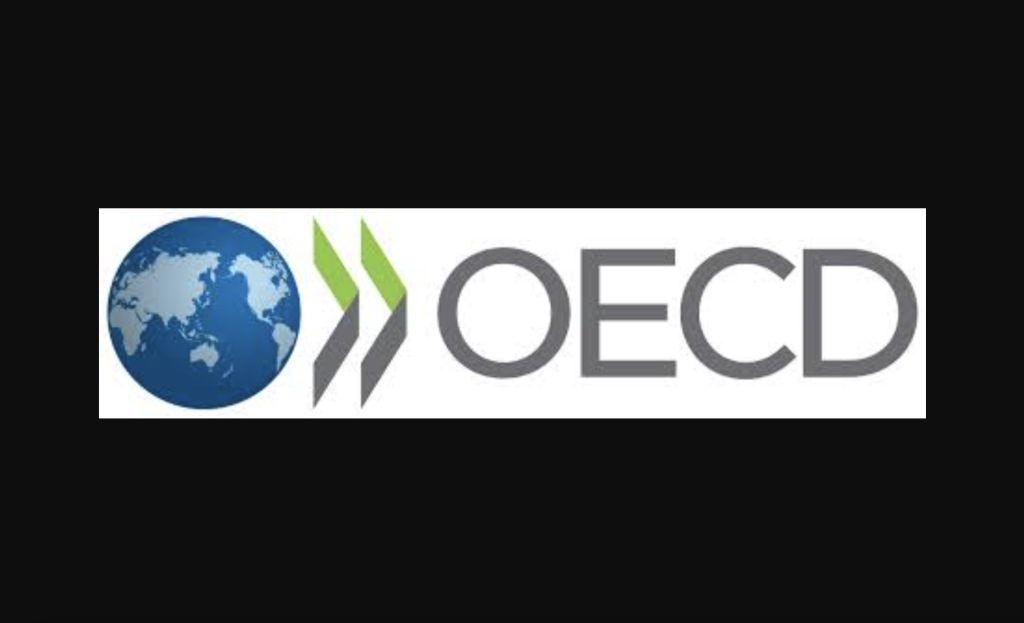
The Abinader administration is taking actions for the country to join the prestigious Organization for Economic Cooperation and Development (OECD). 38 countries are members, including Chile, Mexico, Colombia and Costa Rica in Latin America. The country aims to leverage OECD collaboration to attract foreign investment, build a more robust, inclusive, and sustainable financial system, and promote sustainable development goals.
To advance its bid for membership in the Organization for Economic Cooperation and Development (OECD), the Executive Branch recently issued executive decrees 407-25 and 408-25.
Decree 407-25 mandates the creation of an inter-institutional commission tasked with designing, developing, and implementing a comprehensive Public Integrity System. This vital body will be coordinated by the General Ethics and Government Integrity Directorate (DIGEIG), under the Presidency. Its membership will draw from key government entities, including representatives from the Ministries of the Presidency, Finance, Economy, Interior and Police, Public Administration, and Education, alongside the Comptroller General of the Republic and the Public Procurement Agency. This initiative is rooted in the constitutional mandate for the state to establish effective mechanisms to prevent and combat administrative corruption.
Simultaneously, Decree 408-25 declares all actions and initiatives related to the country’s OECD accession process to be of national interest. This commission will be coordinated by the Ministry of Foreign Relations and will include representatives from the Ministries of the Presidency, Finance, Economy, Industry, Commerce and MSMEs, and the General Department of Ethics and Government Integrity.
Both decrees underscore the government’s commitment to fostering greater coordination among public institutions. The overarching goal is to address critical issues of governance, transparency, and adherence to international standards, paving the way for a more robust and accountable public sector in the Dominican Republic.
The OECD’s 38 member countries span the world, from North America and South America to Europe and Asia-Pacific. Members are represented by ambassadors at the OECD Council, which defines and oversees the work of the global entity as set out in the OECD Convention. Member countries use the data and analysis compiled to inform policy decisions, and also play a key role in the country reviews. The European Union also participates in the OECD’s work pursuant to Supplementary Protocol No. 1 to the OECD Convention.
Furthermore, the OECD’s multi-dimensional country reviews provide comprehensive analyses that help the Dominican Republic address key development challenges such as poverty, inequality, institutional weaknesses, and the need for a more inclusive and sustainable growth model. These efforts support the country’s strategic priorities outlined in its National Development Strategy 2030, aimed at improving well-being, economic stability, and governance
Read more:
Diario Libre
N Digital
OECD
OECD Dominican Republic
29 July 2025

